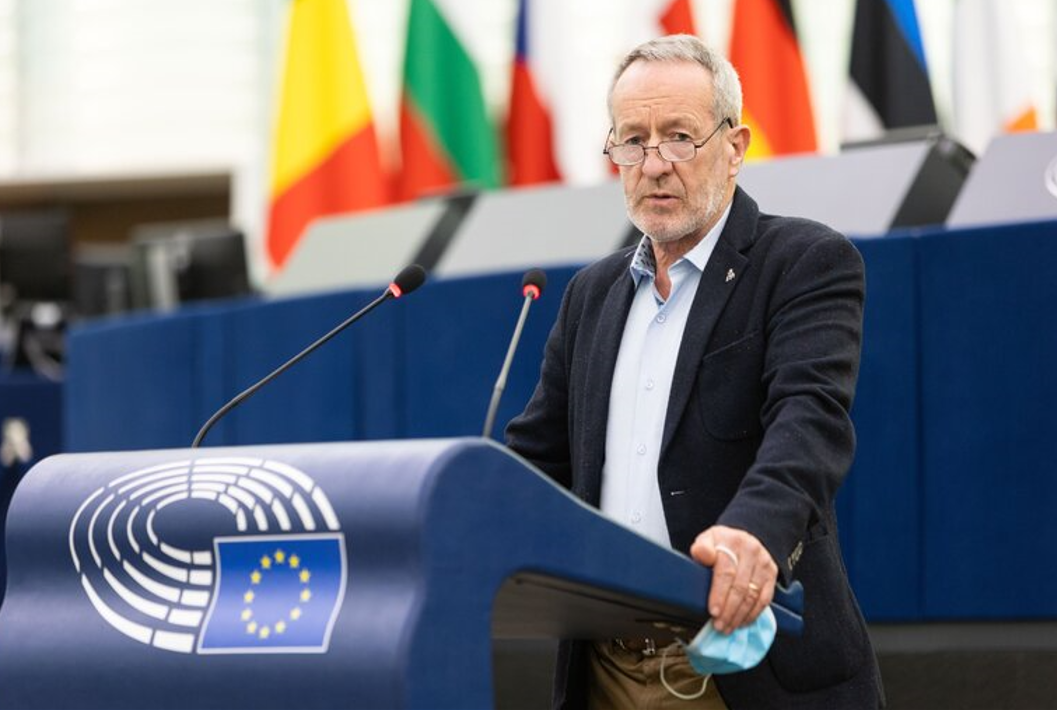Clocks go back this weekend amid call for 'outdated practice' to end
Farmers are being reminded that the clocks are set to go back by one hour at 2:00a.m this Sunday (October 27).
The change marks the end of Daylight Saving Time (DST) and a return to Greenwich Mean Time (GMT) and should provide an extra hour of sleep on Sunday.
However, the change, which for many marks the start of winter, can lead to disruption to farmers’ schedules when it comes to milking and caring for livestock that are not cognisant of any time changes.
It also provides a timely reminder for farmers to ensure that all light fixtures in their sheds and yards are working.
The move to GMT will continue until Sunday, March 30, 2025 when the clocks will go forward an hour.
Ahead of the clocks going back, a delegation of 67 MEPs are calling on the European Union to "finally end the outdated practice of biannual clock changes".
Ireland South MEP and Fine Gael Delegation in the European Parliament Seán Kelly is leading the call, having campaigned on this issue for nearly a decade.
Kelly is pushing for the matter to be brought back onto the political agenda in the upcoming parliamentary term.
"It is time to put an end to the biannual clock change, which has been proven to have negative effects on health, well-being, and safety.
"The practice is no longer fit for purpose in today’s world," Kelly said.
MEPs from every political group have signed a joint letter to European Commission President Ursula von der Leyen, calling for action.
"This is not a partisan issue. There is widespread agreement across the political spectrum that the clock change needs to end," Kelly said.
In the letter, Kelly and his colleagues highlight the "extensive public backing" for the proposal.
"In 2018, a public consultation saw 84% of participants favour ending the clock change. This is a clear mandate from the people, and it is high time the European Commission acted on it," Kelly said.
The Irish MEP is confident that with renewed momentum, progress can finally be made.
"The European Parliament already passed a resolution in 2019 with overwhelming support, yet the matter has stalled. We need to move forward decisively in the next parliamentary term.
"Abolishing the clock change would simplify life for millions of people across Europe. It’s a practical and popular measure, and I am committed to seeing it through," Kelly added.






